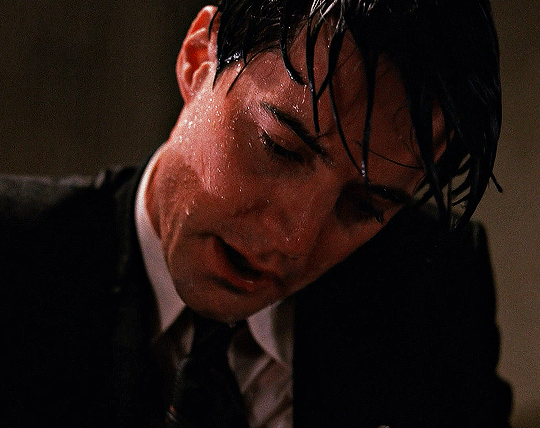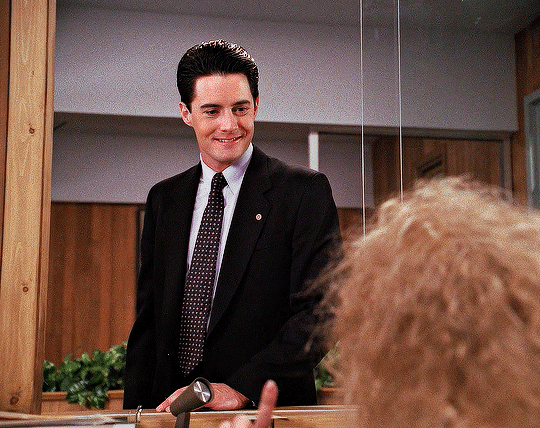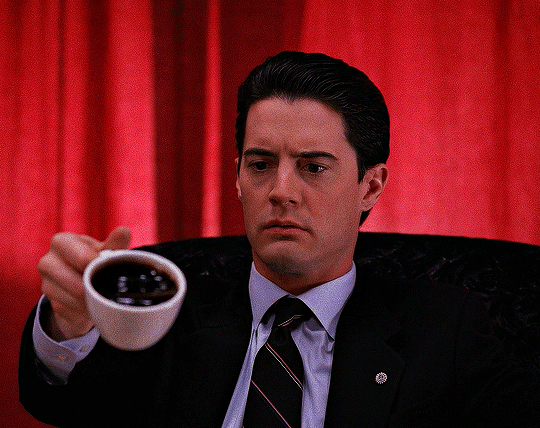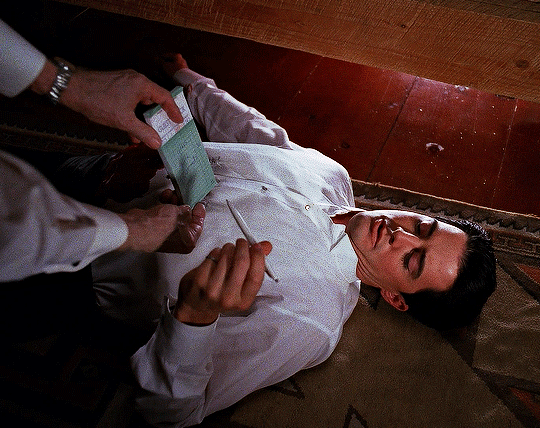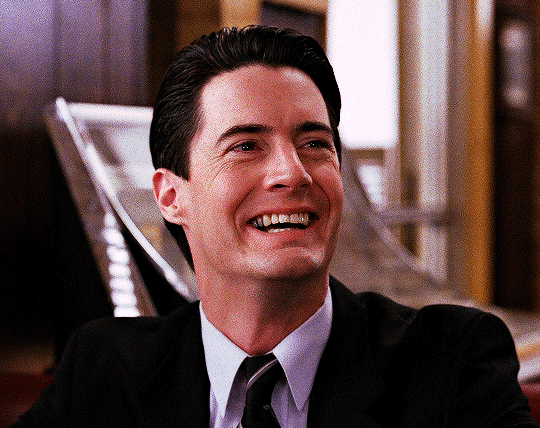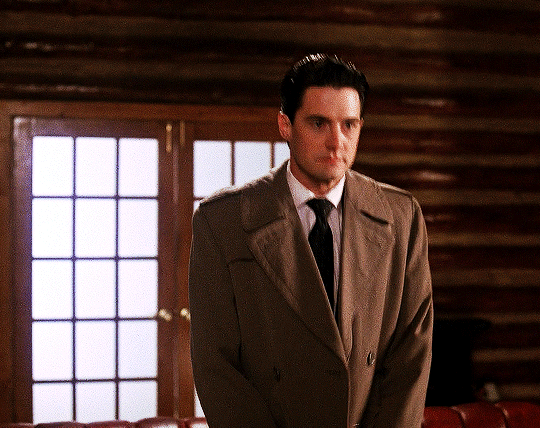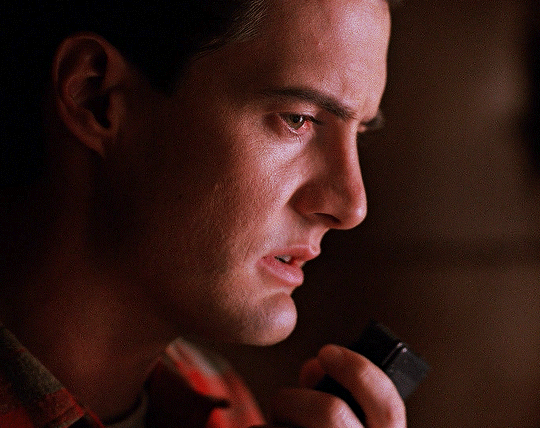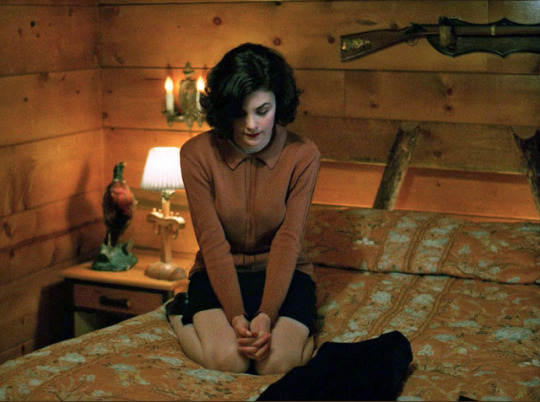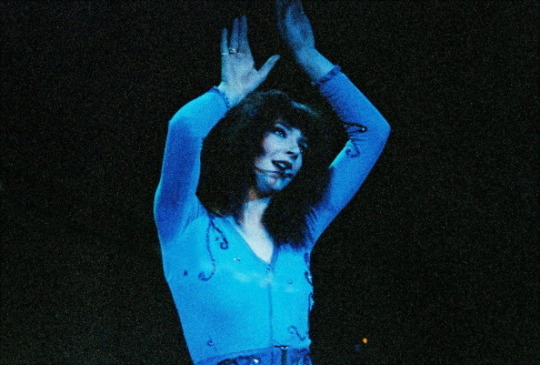Text


Butches photographed by Della Grace Volcano
Featured in Dagger: On Butch Women
9K notes
·
View notes
Text
Video essays that make me go "oh, so you're like smart smart"
Elon Musk and Grimes: A Retrospective
Bo Burnham vs. Jeff Bezos
The Systemic Abuse of Celebrities
Lana Del Rey: the pitfalls of having a persona
we need to talk about Call Me By Your Name
MYTH OF THE AUTEUR: Stanley Kubrick vs David Lynch
In Search Of A Flat Earth
Envy
The Commodification of Black Athletes
The Lies Of The Lighthouse
The Green Knight: The Uncanny Horror of Masculinity
Max Payne, Kane & Lynch, and the Meaning of Ugly Games
Time Loop Nihilism
How Bisexuality Changed Video Games
The Golden Age of Horror Comics - Part 1 (Part 2)
Weighing the Value of Director's Cuts | Scanline
The True Horror Of Midsommar
a few more -
You're Wrong About Cyberpunk 2077 | An Overdue Critique (this is such great critique of both the game and the genre)
Disney's Fast Pass: A Complicated History
It Has Come To My Attention You Don't All Love BIRDS OF PREY
Adaptation.
The man who almost faked his way to a Nobel Prize
Music Theory and White Supremacy
Here's the YouTube playlist! ill be adding more but that's all so far pls like and reblog xoxo 💕
56K notes
·
View notes
Text
« Foreigners follow American news stories like their own, listen to American pop music, and watch copious amounts of American television and film. […] Americans, too, stick to the U.S. The list of the 500 highest-grossing films of all time in the U.S., for example, doesn’t contain a single foreign film (Crouching Tiger, Hidden Dragon comes in at 505th, slightly higher than Bee Movie but about a hundred below Paul Blart: Mall Cop). […]
How did this happen? How did cultural globalization in the twentieth century travel along such a one-way path? And why is the U.S.—that globe-bestriding colossus with more than 700 overseas bases—so strangely isolated?
[…W]hen 600 or so journalists, media magnates, and diplomats arrived in Geneva in 1948 to draft the press freedom clauses for […] the U.N. Declaration of Human Rights […], definitional difficulties abounded. Between what the U.S. meant by “freedom of information” and what the rest of the world needed lay a vast expanse. For the American delegates, the question belonged to the higher plane of moral principle. But representatives of other states had more earthly concerns.
The war had tilted the planet’s communications infrastructure to America’s advantage. In the late 1940s, for example, the U.S. consumed 63% of the world’s newsprint supply; to put it more starkly, the country consumed as much newsprint in a single day as India did over the course of a year. A materials shortage would hamper newspaper production across much of the world into at least the 1950s. The war had also laid low foreign news agencies—Germany’s Wolff and France’s Havas had disappeared entirely—and not a single news agency called the global south home. At the same time, America’s Associated Press and United Press International both had plans for global expansion, leading The Economist to note wryly that the executive director of the AP emitted “a peculiar moral glow in finding that his idea of freedom coincides with his commercial advantage.”
Back in Geneva, delegates from the global south pointed out these immense inequalities. […] But the American delegates refused the idea that global inequality itself was a barrier to the flow of information across borders. Besides, they argued, redistributive measures violated the sanctity of the press. The U.S. was able to strong-arm its notion of press freedom—a hybrid combining the American Constitution’s First Amendment and a consumer right to receive information across borders—at the conference, but the U.N.’s efforts to define and ensure the freedom of information ended in a stalemate.
The failure to redistribute resources, the lack of multilateral investment in producing more balanced international flows of information, and the might of the American culture industry at the end of the war—all of this amounted to a guarantee of the American right to spread information and culture across the globe.
The postwar expansion of American news agencies, Hollywood studios, and rock and roll bore this out. […] Meanwhile, the State Department and the American film industry worked together to dismantle other countries’ quota walls for foreign films, a move that consolidated Hollywood’s already dominant position.
[…A]s the U.S. exported its culture in astonishing amounts, it imported very little. In other words, just as the U.S. took command as the planetary superpower, it remained surprisingly cut off from the rest of the world. A parochial empire, but with a global reach. [And] American culture[’s] inward-looking tendencies [precede] the 1940s.
The media ecosystem in particular, Lebovic writes, [already] constituted an “Americanist echo chamber.” Few of the films shown in American cinemas were foreign (largely a result of the Motion Picture Production Code, which the industry began imposing on itself in 1934; code authorities prudishly disapproved of the sexual mores of European films). Few television programs came from abroad […]. Few newspapers subscribed to foreign news agencies. Even fewer had foreign correspondents. And very few pages in those papers were devoted to foreign affairs. An echo chamber indeed, [… which] reduced the flow of information and culture from much of the rest of the world to a trickle. […]
Today is not the 1950s. [… But] America’s culture industry has not stopped its mercantilist pursuits. And Web 2.0 has corralled a lot of the world’s online activities onto the platforms of a handful of American companies. America’s geopolitical preeminence may slip away in the not-so-distant future, but it’s not clear if Americans will change the channel. »
— “How American Culture Ate the World”, a review of Sam Lebovic’s book A Righteous Smokescreen: Postwar America and the Politics of Cultural Globalization
10K notes
·
View notes
Text
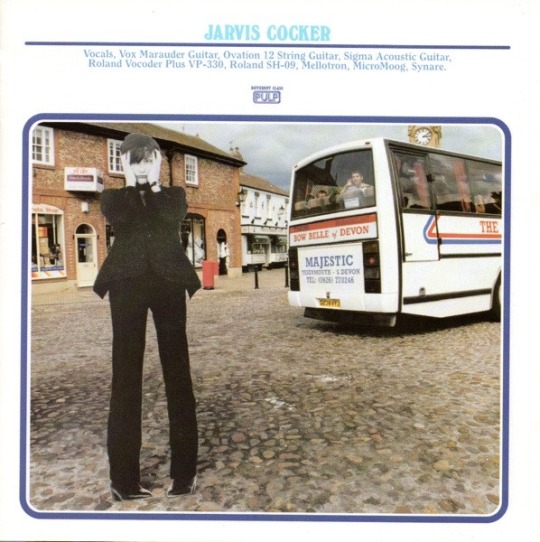
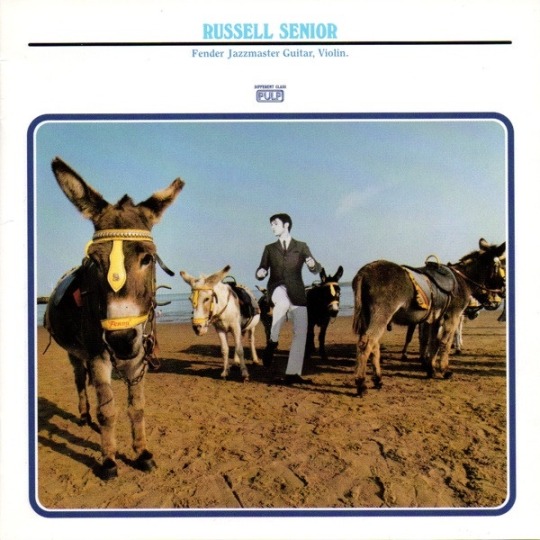
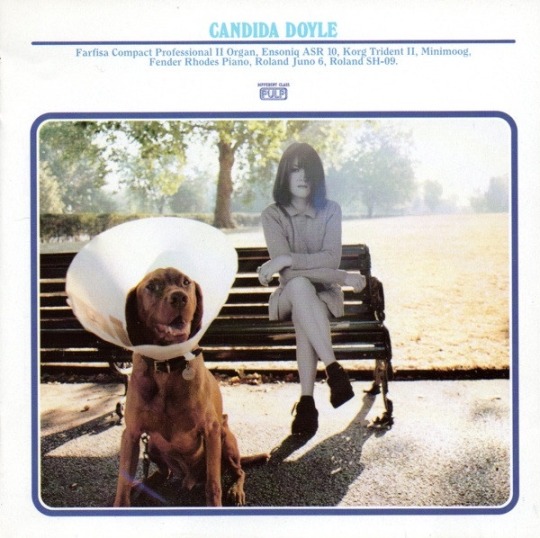
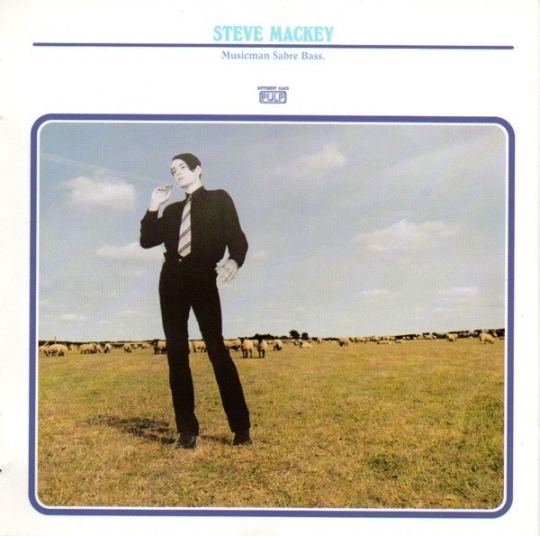
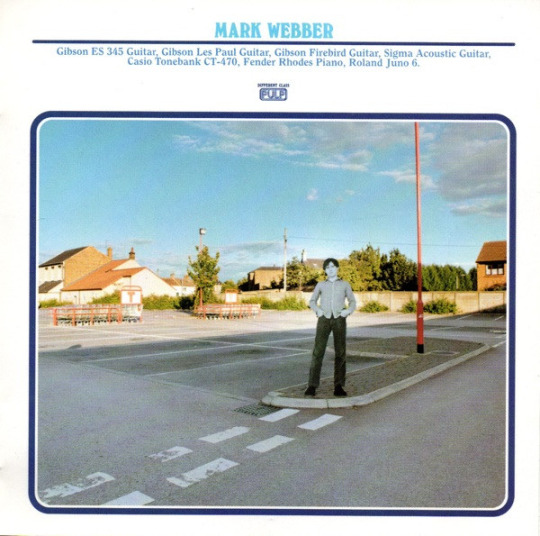

Pulp band members | from the inserts for Different Class (1995)
212 notes
·
View notes
Photo
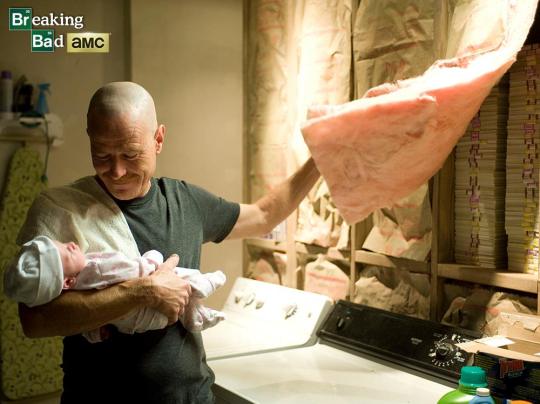
he’s putting her in the walls so she can live there
27K notes
·
View notes
Text




paul trending???? time to turn the spotlight on these again <3
5K notes
·
View notes
Text
straight people do not understand james dean and they never will.. he is not your boomer leather jacket romantisization of the good ole 50s greaser Real Man taylor swift diner milkshake aesthetic hotrod he is literally the world‘s saddest, most miserable little lgbt man..he loved his mom and he loved ballet. he loved poetry. he met a girl who lost a leg in a motorcycle accident who missed riding and gave her a lift on his bike just so she could experience it again. he was thin and sickly as a kid. he felt unloved by his father. he was a sugar baby for dozens of important men in hollywood. he loved the little prince. he was terrified of abandonment. he was bipolar. he stole his boyfriends’ coats. he dodged the draft by openly telling the army he was a practicing homosexual. he was obsessed with bullfighting. he didnt use electricity on fridays because he thought candlelight was relaxing and fun. he adored judy garland. he called all the most important women in his life “mom.” he might’ve fucked walt disney. he had to train himself not to speak in a flat indiana drawl. all his friends called him jimmy, jimbo, and william bast called him “deaner.” he had terrible posture. he was incredibly nearsighted. he had a kitten named marcus, named after the uncle who raised him, that he gave away out of fear he’d not be able to take care of it properly
10K notes
·
View notes
Text
Internet women. Something unimaginable even 50 years ago. Now, A staple of our society.
9K notes
·
View notes
Text
why were men in the 90s so hot so gender so swag etc etc what was in the water
896 notes
·
View notes
Text










part of my vast chloë collection 🧡
14 notes
·
View notes
Text
nativity scene with the eraserhead baby as baby jesus in the manger
3K notes
·
View notes

